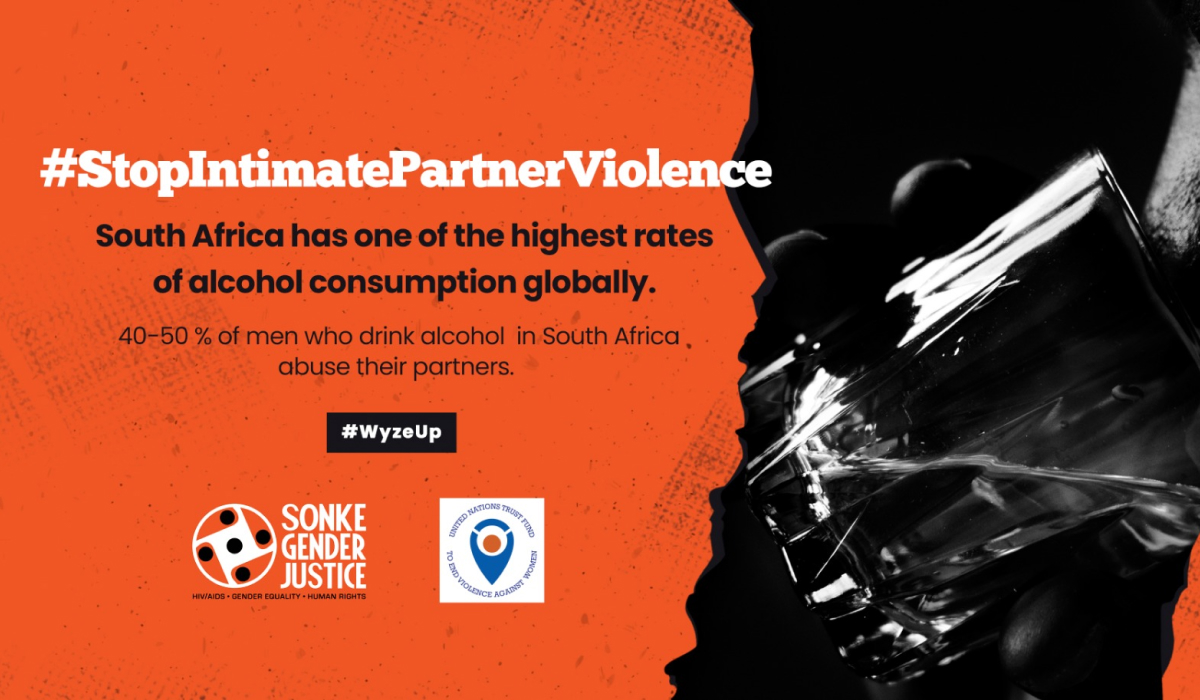You deal with many cases of GBV. How many of those are associated with alcohol?
Alcohol is fuelling intimate partner violence in homes. We deal with cases of women who have been raped or beaten up by their partners to the extent of being hospitalised. Some women have been raped by their partners in front of their children. Alcohol reduces an individual’s cognitive functions, reducing their ability to have self-control and to negotiate non-violent resolutions to conflicts. Issues need to be discussed when people are sober otherwise the violence escalates.
Why do we women stay in abusive relationships? What support does POWA offer to women in abusive relationships?
We educate them to know that they can seek help. POWA empowers women to be financially independent so they don’t continue to stay in abusive relationships because they don’t have an alternative. Women will tell you where am I supposed to go? How am I supposed to live if I leave this relationship? So we equip them with skills to enable them to be financially independent. We also empower women psychologically, emotionally through counselling.
What can be done for perpetrators to stop abusing women?
Men need to drink responsibly and to also realise the impact on their families and the communities they live in. Some women will also tell you that their husbands do not come home for two weeks on end after they have been paid. They will be out drinking in taverns. There is a need to capacitate men and communities at large on the harms of irresponsible drinking and its links to Intimate Partner Violence (IPV). Men also need to admit they have a problem and seek help so there is no violence in homes.
What would be the solution to alcohol misuse and its impact on intimate partner violence (IPV)?
Education needs to start at schools. You will find children drinking alcohol after school. These young people will sometimes drink and abuse their partners because of the GBV they witness at home. More education, campaigns, dialogues for women and men are needed to raise awareness on the damage of misusing alcohol, the impact of harmful social, gender and cultural norms and how these can be transformed.
Can regulating alcohol help?
Taverns will allow children to buy alcohol so the National Liquor Authority should enforce age restrictions when it comes to the sale. People drink at taverns until early hours of the morning so there should be regulation on when they close and open.
You can read other blogs in the series here
Watch the video on the correlation between alcohol misuse and intimate partner violence here


